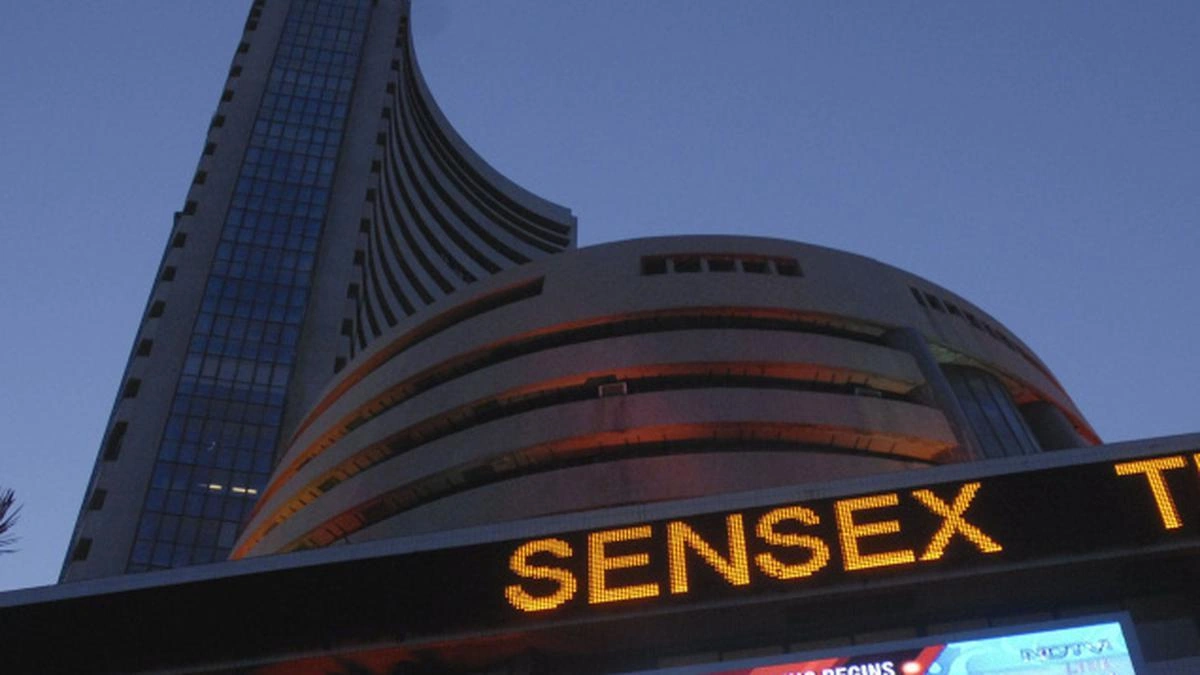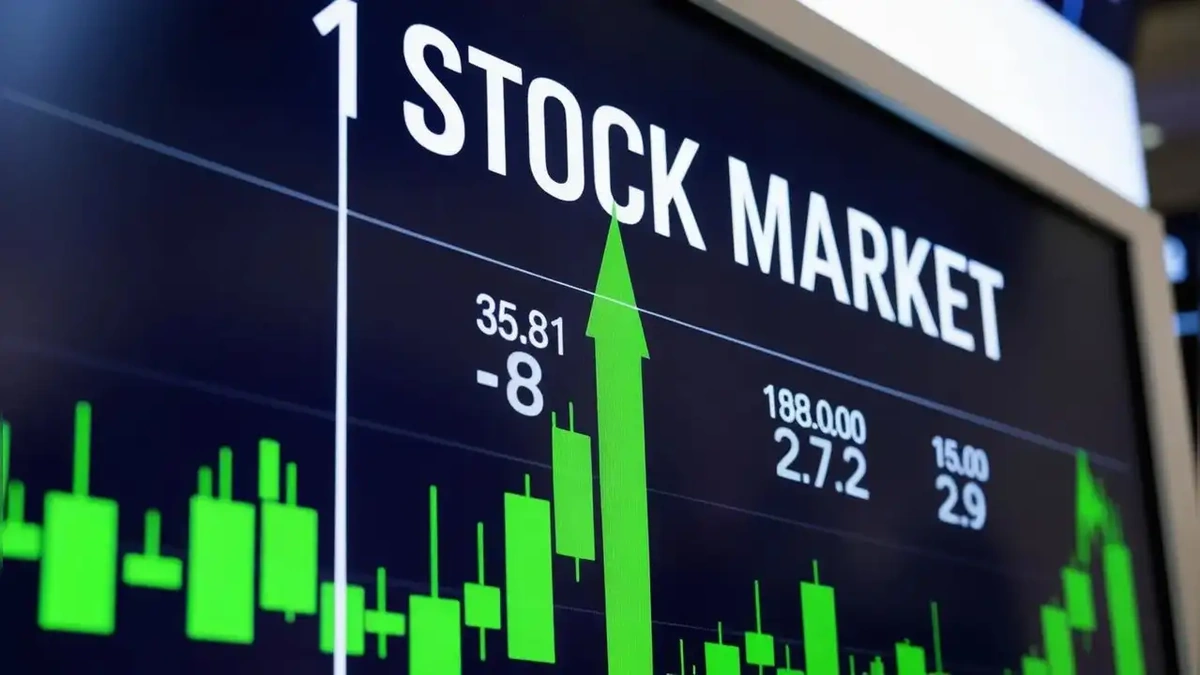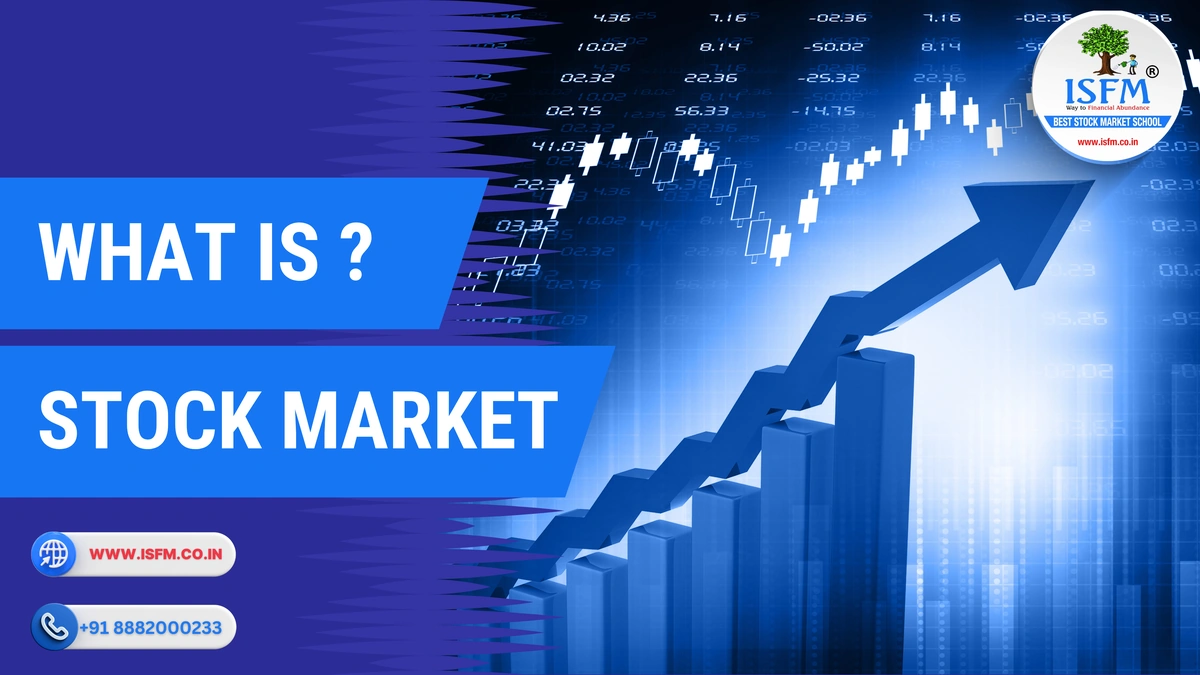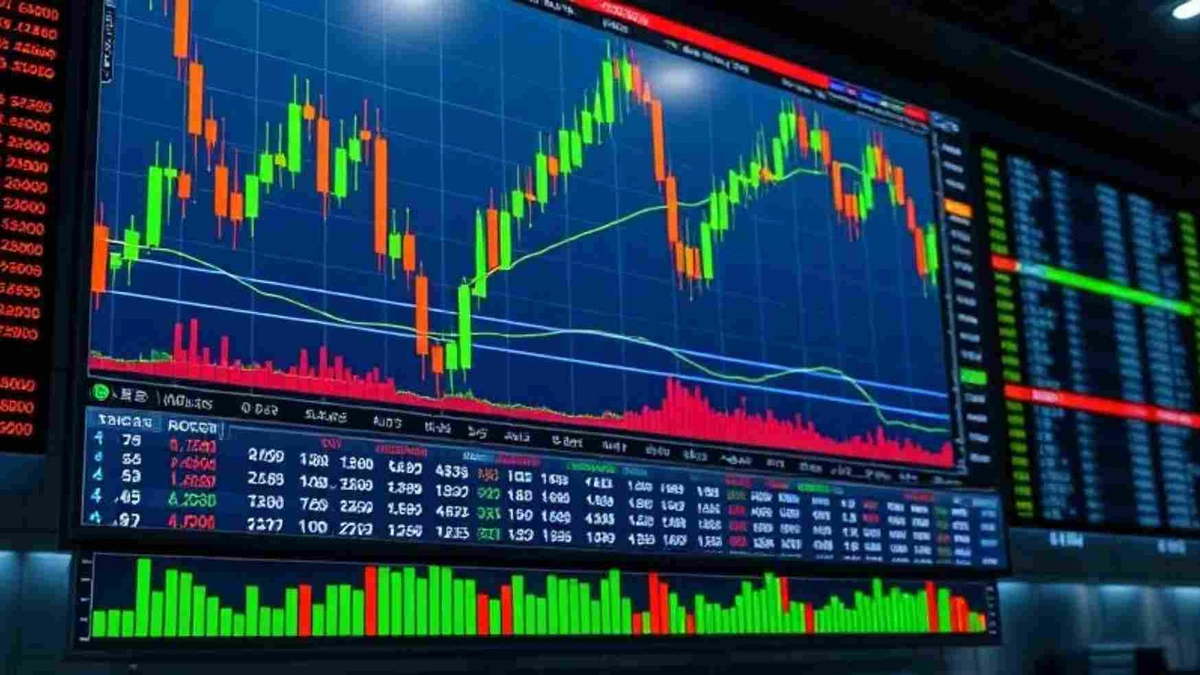Sensex Climbs 329 Points as Pharma and Banking Stocks Rally for Second Day
The Sensex , that bellwether of the Indian stock market, did it again. Up 329 points! Pharma and banking stocks are leading the charge for the second day running. But, let’s be honest, what does this actually mean for you and me? It’s easy to get caught up in the numbers, but the real story is always deeper.
Why This Rally Matters | Beyond the Headlines
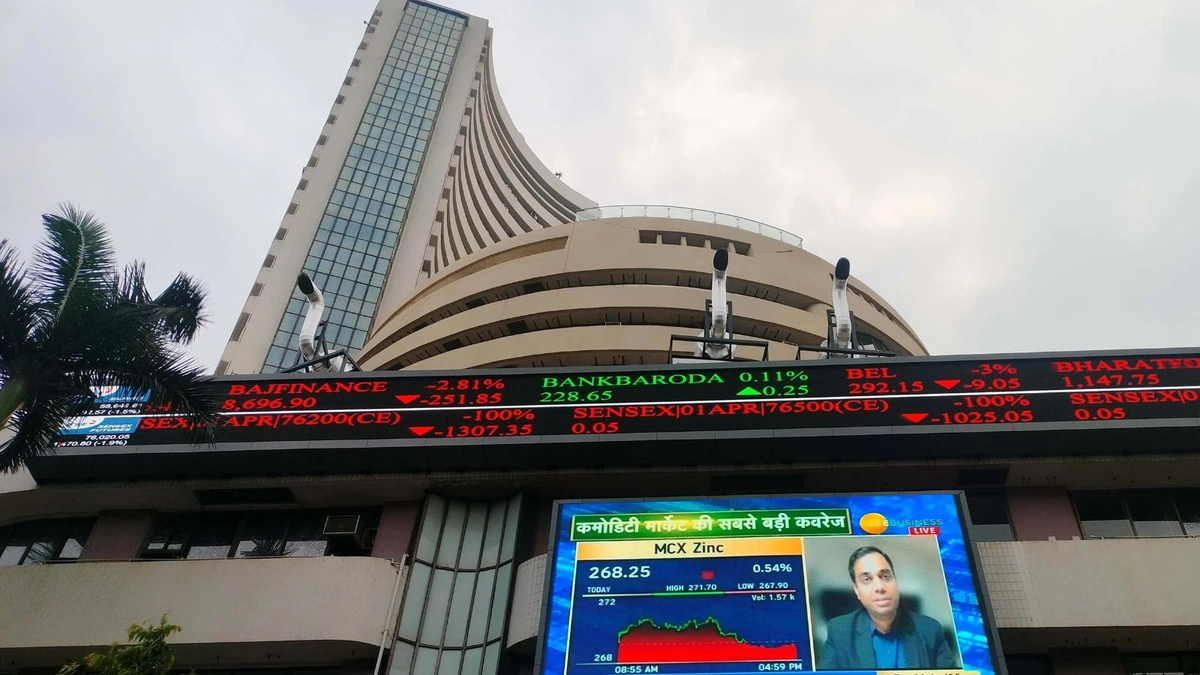
So, why are these sectors buzzing? The rally in pharma is likely fueled by a combination of factors: positive earnings reports from major players, increased export demand, and ongoing innovation in the sector. And the banking sector? Well, it’s often seen as a barometer of the overall economy. Increased lending activity and improved asset quality are generally good signs. But, here’s the thing: market movements aren’t always rational. Sometimes, it’s just herd mentality at play. What fascinates me is how these sectors are intertwined with larger economic trends.
And, speaking of trends, keep an eye on global cues. What happens in the US and Europe often ripples through our markets. Remember to always consider the broader economic landscape.
Decoding the Pharma Surge
Let’s zoom in on the pharma sector. What’s driving this growth? It’s not just about domestic consumption; a significant portion of the revenue comes from exports. Indian pharma companies have a strong reputation for producing affordable generic drugs, and that’s a major competitive advantage. But, this also means they’re vulnerable to currency fluctuations and changes in international trade policies. Also, new drug approvals and clinical trial successes can send stock prices soaring. It’s a high-stakes game, but the potential rewards are enormous.
Banking on the Banking Sector’s Gains
Now, onto the banking sector. A healthy banking sector is crucial for a thriving economy. Increased lending activity indicates that businesses are investing and consumers are spending. Improved asset quality – meaning fewer bad loans – signals that banks are managing their risk effectively. But, let’s be real, the banking sector also faces its share of challenges: rising interest rates, increasing competition from fintech companies, and the ever-present threat of cyberattacks. These are things to consider when you are assessing your investment decisions.
But, investing in stock market is a gamble. Don’t invest all of your hard earned money in stock market. Consider consulting with your financial advisors.
Navigating Market Volatility | A Practical Guide
Okay, so the Sensex today is up. Great! But tomorrow? Who knows! Market volatility is a fact of life. The trick is not to panic. Here’s how to navigate these ups and downs:
- Stay Calm: Easier said than done, I know. But emotional decisions are rarely good decisions.
- Diversify: Don’t put all your eggs in one basket. Spread your investments across different sectors and asset classes.
- Long-Term View: Investing is a marathon, not a sprint. Focus on your long-term goals, not short-term fluctuations. JSW Infra share price is also affected by such volatility.
- Do Your Research: Understand the companies you’re investing in. Read their financial reports, follow industry news, and make informed decisions.
A common mistake I see people make is chasing quick profits. This often leads to impulsive decisions and significant losses. Remember, slow and steady wins the race.
The Ripple Effect | How the Sensex Impacts You
You might be thinking, “Okay, the stock market index is doing well. What does it have to do with me?” Actually, quite a bit! A rising Sensex can boost investor confidence, leading to increased spending and economic growth. It can also attract foreign investment, creating jobs and opportunities. Conversely, a falling Sensex can trigger fear and uncertainty, leading to decreased spending and economic contraction. So, whether you realize it or not, the Sensex has a direct impact on your financial well-being.
And, that’s the thing about the stock market: it’s not just about numbers; it’s about people, emotions, and the collective belief in the future. Don’t forget to keep an eye on the RBI MPC meeting repo rate as it has effect on market.
FAQ
Frequently Asked Questions
What exactly is the Sensex?
The Sensex is a stock market index consisting of 30 of the largest and most actively traded companies on the Bombay Stock Exchange (BSE). It’s a key indicator of the Indian stock market’s overall performance.
How is the Sensex calculated?
The Sensex is calculated using a “free-float market capitalization” method. This means that the index takes into account the market value of the shares that are readily available for trading.
What factors influence the Sensex?
Many factors can influence the Sensex, including economic growth, corporate earnings, interest rates, global events, and investor sentiment.
Is investing in the stock market risky?
Yes, investing in the Indian stock market involves risk. Stock prices can fluctuate, and you could lose money. It’s important to do your research and invest wisely.
Where can I find reliable information about the Sensex?
You can find reliable information about the Sensex on the official BSE website and reputable financial news websites.
How does inflation affect the stock market?
Inflation can have a mixed effect. Moderate inflation can be a sign of a healthy economy, while high inflation can erode corporate earnings and reduce consumer spending, negatively impacting the market performance .
Ultimately, the stock market is a reflection of our collective aspirations and anxieties. It’s a complex system, but understanding its basic principles can empower you to make informed financial decisions. So, keep learning, stay informed, and remember to always invest responsibly.
